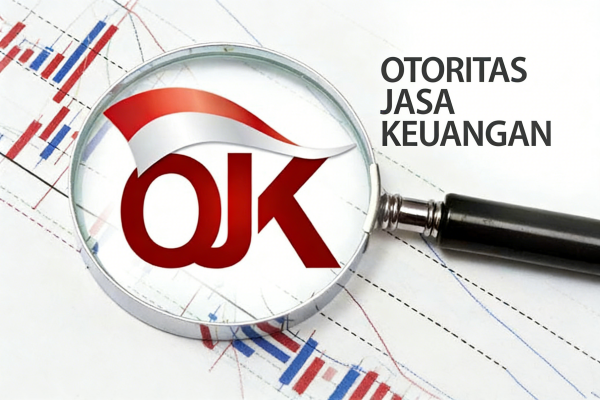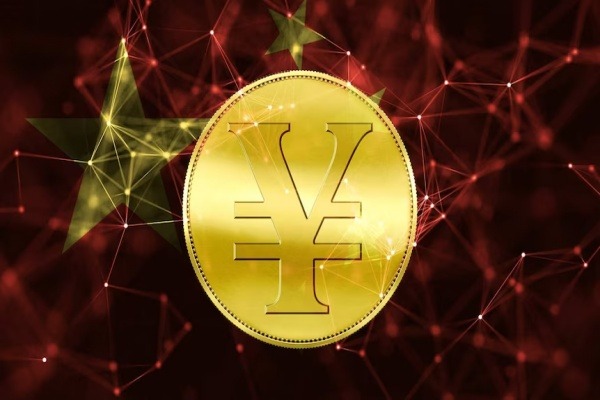Regulatory guidance suspends RWA business in Hong Kong, analysts say it aims to align policies and risks
Against the backdrop of Hong Kong's active promotion of digital asset development, many securities firms and listed companies have been deploying real-world asset tokenization (RWA) businesses. However, recent market rumors have claimed that mainland regulators have informally asked some securities firms to suspend related operations in Hong Kong.
Although neither mainland nor Hong Kong regulators have commented on this, Forbes magazine published an analytical article by Zennon Kapron on September 22, pointing out that this move does not mean that China rejects RWA tokenization, but rather hopes that policies and technological innovation will be synchronized to avoid uncontrolled risks.
Kapron believes that the current suspension may be due to three considerations: first, financial stability, especially preventing high-risk assets such as real estate from being transferred overseas through tokenization;
second, the regulatory boundaries are still unclear, and unified standards are needed to prevent structural arbitrage; third, tokenized currencies (such as digital RMB and tokenized deposits) are not yet fully ready as a settlement basis, and asset tokenization needs to be coordinated with currency tokenization.
Kapron suggested that relevant institutions should adjust their strategies, prioritize the development of low-risk tokenized assets (such as government bonds and money market funds), and adopt compliant settlement methods; banks should continue to promote the construction of tokenized deposit and settlement systems;
Global asset management institutions can continue to use Hong Kong as a technology testing ground, but they must pay attention to the quality of underlying assets and information disclosure.
Finally, it was concluded that Hong Kong's path of incorporating regulated tokens into the traditional financial framework remains correct, and the feasible development sequence should be "currency → quasi-currency assets → high-risk assets." This suspension highlights the need for policy coordination and provides a reference for other markets: technology cannot mask asset quality defects, but high-quality infrastructure can improve efficiency - markets that understand this distinction will win in the competition in digital finance.













